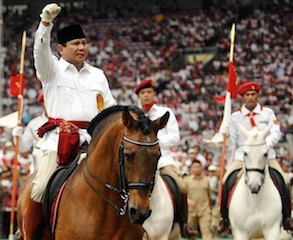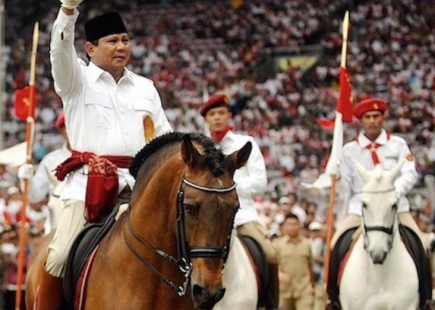Ideas into movement
Boost TNI's work
50 years. Hundreds of social struggles. Countless ideas turned into movement.
Support us as we celebrate our 50th anniversary in 2024.

The death of class-based rural movements in Indonesia has entrapped rural resistance in the clutches of market power.


Suffragio,org. Some rights reserved.
As Indonesia prepares for regional elections in 2018 and national elections in 2019, political operators try to curry favour with both the military right and radical religious groups, in the scramble for votes. Recent months have seen an escalation of fake news, penetration of extremist views into everyday discourse and violent attacks on the imagined evils of (supposedly) resurgent leftists, religious minorities and the LBGT community.
Symbols of the ‘New Order’ regime of President Soeharto, who was in power between 1966 and 1998, are being deployed by two new political parties, each sponsored by one of Soeharto’s children. The main rival of the current president, Joko Widodo, is Prabowo Subianto, Soeharto’s former son-in-law and military strongman. He appears at party rallies on horseback dressed like Mussolini, and once told a foreign journalist that he favoured a “benign authoritarian regime …Do I have the guts? Am I ready to be called a fascist dictator?”
What are the roots of Indonesian fascism? Why has it re-emerged on the political stage and accommodated Islamic populism? How does it shape and constrain emancipatory peasant politics?
This article is seventh in the series on ‘confronting authoritarian populism and the rural world’, linked to the Emancipatory Rural Politics Initiative (ERPI). The full article can be read here.